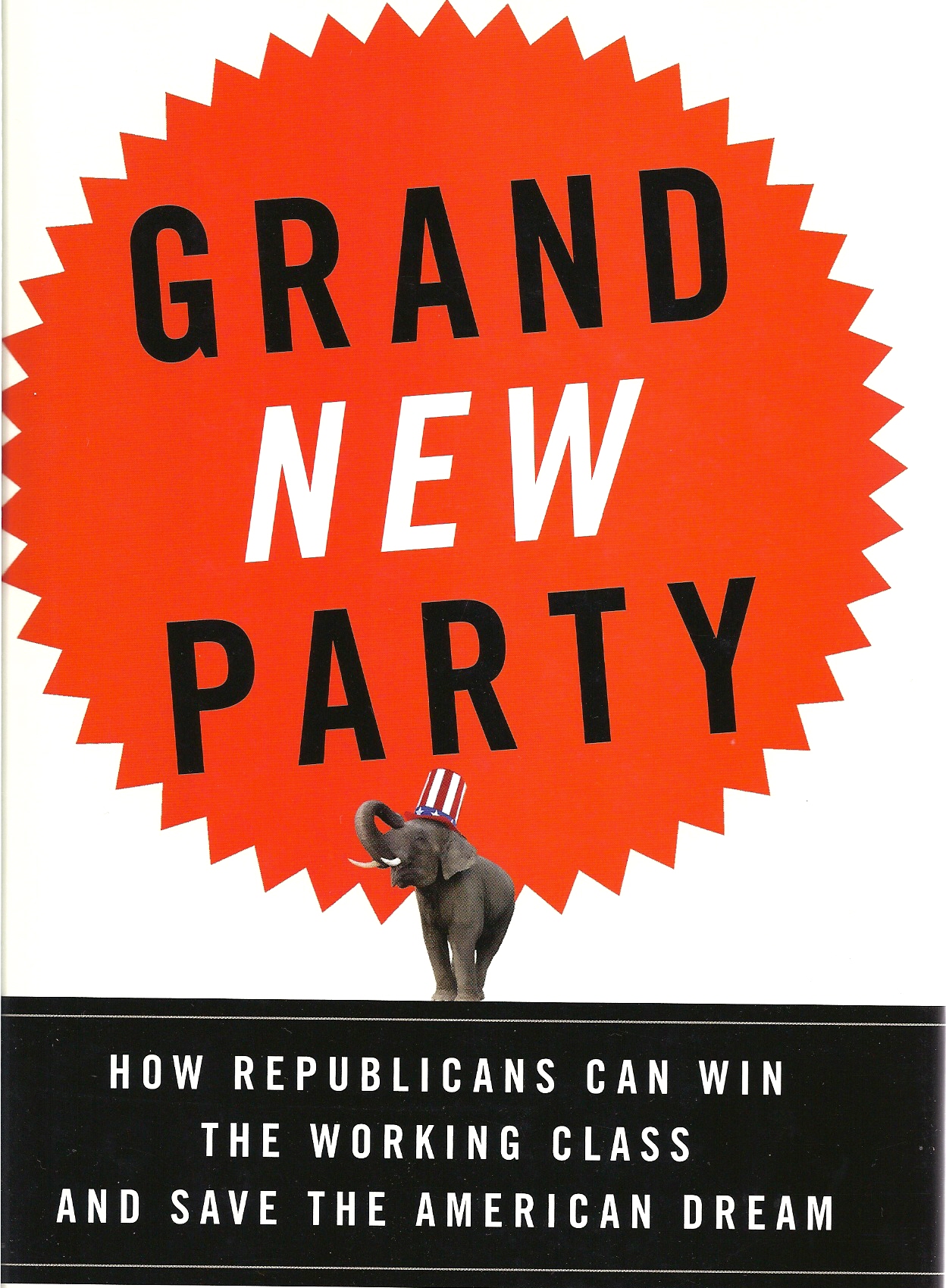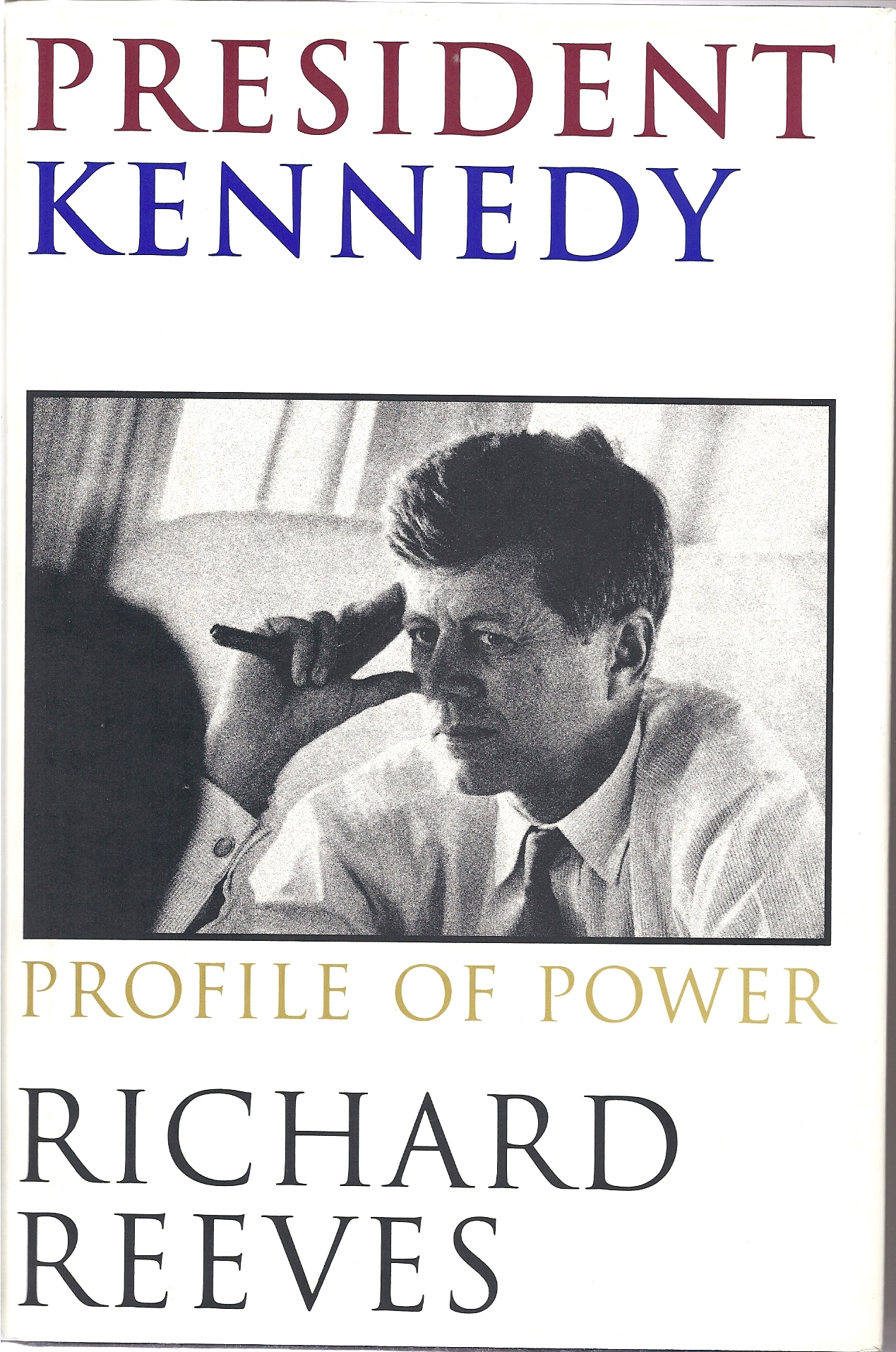by Matthew Raley Put the words patriotism and evangelicalism in the same sentence and you conjure the stars and stripes waving on a massive screen behind a megachurch pastor -- a use of symbols that I see as sentimental and dangerous.
I am reassessing the evangelical alliance with conservatives these days, seeking to find a theology of citizenship that is biblical. Covering various aspects of the conservative movement, we have surveyed the Bible's teachings about the state, about work, property, and profit, and about the unity of generations.
Today, I examine the idea that our country deserves our honor and loyalty.
I am not in sympathy with the way this idea has been expressed in churches over the last decade.
In waving the flag next to the cross, we're in danger of perpetuating two theological aberrations. One is that America is the New Jerusalem, or should've been, and that God gave an Israel-like benediction to our founding. The other is that, in order to advance Christ's Kingdom on earth, we have to take political action. (Dominion theology advocates have been pretty cagey about this agenda as they've raised money from dispensationalists.)
Digital flag-waving at church is also egregious sentimentality. It stirs populist emotions by using images to evade questions. Typical mass media schlock.
But ...
Patriotism belongs in the Christian life.
Consider the significant role that Jewish patriotism played in Paul's trial speeches (Acts 22-26). Paul's repeated emphasis on his good conscience as a Jew was not a rhetorical ploy, but a key point of honor.
The scene: Paul returns to Jerusalem after establishing churches around the Roman empire. He goes into the temple to keep a vow, and is spotted by Jews from Asia, who seize him and whip up a crowd (Acts 21.17-27).
The charge (Acts 21.28): "Men of Israel, help! This is the man who is teaching everyone everywhere against the people and the law and this place. Moreover, he even brought Greeks into the temple and has defiled this holy place."
During the trials focusing on this charge, there are several ways Paul communicates that he is a faithful Jew.
Paul addresses the temple crowd in Aramaic, not Greek (21.40-22.2), a signal of identification that the crowd recognizes. In the Sanhedrin, he submits to the high priest, even though the priest is treating Paul unjustly (23.1-5).
Before the Roman governor Felix, Paul expresses the depth of his commitment to his nation in at least three statements: that he worships "the God of our fathers, believing everything laid down by the Law and written in the prophets" (24.14), that he went to Jerusalem "to bring alms to my nation" (24.17), and that the Jews found him "purified in the temple" (24.18).
When Paul arrives in Rome, having appealed to Caesar, he summons the local Jewish leaders to make his case (28.17-22). He states that he had "done nothing against our people or the customs of our fathers." Even though he was unjustly accused, Paul states that he has "no charge to bring against my nation." He is imprisoned "because of the hope of Israel."
Two observations about Paul's example.
Paul might have found many reasons to disavow his nation, both theological and pragmatic. Had he been motivated by bitterness, he might have abused his people before the Romans. But he did none of these things, consistently identifying as a Jew, and doing so with evident devotion.
Further, Paul makes all these points before both Jewish and Gentile audiences because they concern his personal honor, and therefore the honor of Christ. A person cannot glorify Christ by being disloyal to his nation. Paul makes no pretense of having been liberated from such bonds.
Patriotism, biblically considered, is a species of humility and gratitude.
We will not bring honor to Christ by bashing our homeland. The fashionable self-hating American is only aping humility, being someone who benefits from freedom and wealth while decrying it. It is decadent and self-serving.
It is a blessing to be an American. Our freedoms are precious because, among other things, they secure a peaceful society. The heritage of laws we have received is a marvel. The dignity that comes with self-government is priceless.
I fear that because many evangelicals have embraced consumerism, mass media, and populism, we are not nurturing patriotism in churches, but merely engaging in rabble-rousing. Churches could go so much deeper in fostering citizens who serve their nation and glorify their eternal King.
And churches must.



